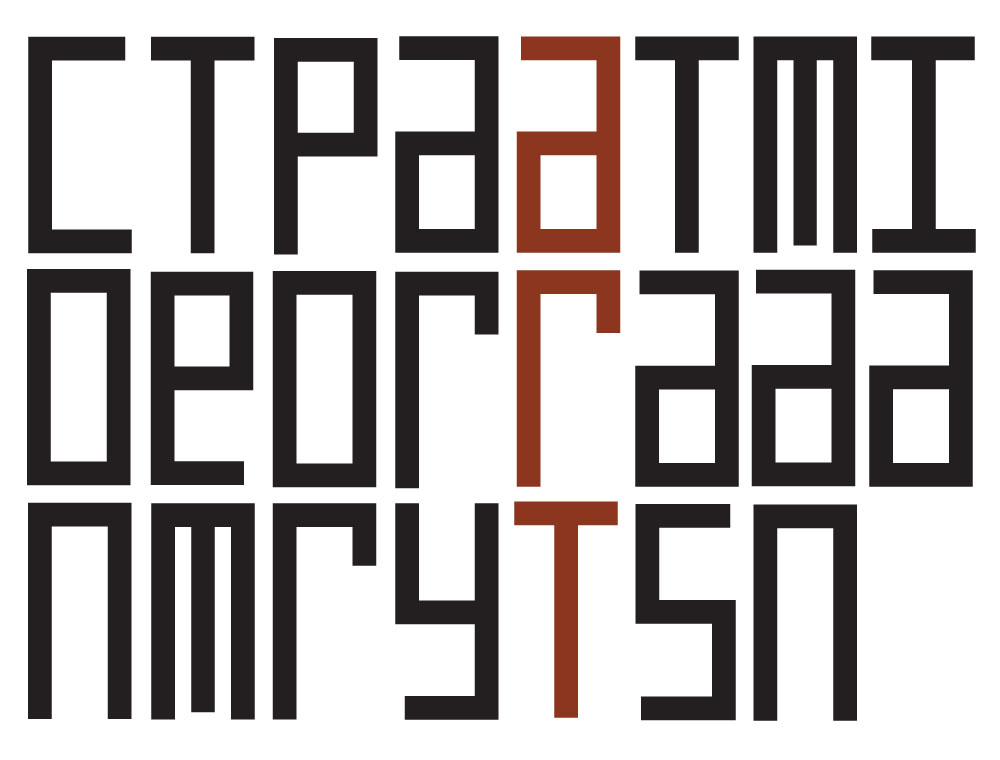Greeting Earthlings,
We are currently facing a phenomenon that has run its course, or if it is only beginning to make itself felt – an unknown terror collides, creeping to the ground in agony.
The multispecies, the sheep, the dolphins, and the nonhuman animals stroll upon our failed capitalist system. They visit the human city knowing that they won’t get killed or kicked out. A fairy tale of eco consciousness, with many confused eco-fascists declaring “the virus is us.” Us, indicates that all humans are viruses. However, not all humans are a person in the eye of global capitalism. A person, with capability to think and organise, is a male with inherited wealth. Other than that, the rest are considered a non-person. In this context, perhaps the virus is not us, but the virus is several persons who do not even have a basic compassion and fundamental caring. Global capitalists, authoritarian states, not all anthropos in the anthropocene are responsible for the global pandemic that we are facing now.
I am taking this opportunity of our mother earth’s hiccup, where the virus reigns supreme – to enter a parallel universe of funky apocryphal and to rest as much as I can. I cannot function very well, and I feel like the somnambulism is taking over. 2020 hasn’t ended yet and the drive to live is forced by a presence of solidarity. At the hour of Bewilderbeast – we bestowed ourselves to the solitude where we are restricted to go out, but our minds can travel as far as an interplanetary jaunt. Exhausted, in this game of Snakes and Ladders. This is the time for us to cross paths with snakes in each and every corner but the snake remains unseen.
As the notions of anthropocene – capitalocene, chthulucene, plantationocene have been distributed, circulated, and discussed, I propose we attempt to reconfigure this terminology. How to configure a novel epochal term, one that has a more positive approach? I speculate this approach be derived from a monumental shift based on mutual aid and solidarity between species, not seeing others as a resource for extraction. An era of transactional activity that is based on care and compassion, not a capitalist accumulation. An epochal transition that wrestles against the injustice of our small friend in the ecosystem, like cockroaches, to the injustice that the stone has been facing for thousands of years.
The notion of mutual aid is commonly practiced in Indonesia. In the ancestral and indigenous cosmology and philosophy of the Minahasan people — an ethnic group based on North Sulawesi — there is a political, cultural, and social system based on the notion of solidarity and mutual aid. Minahasan people call it Mapalus.
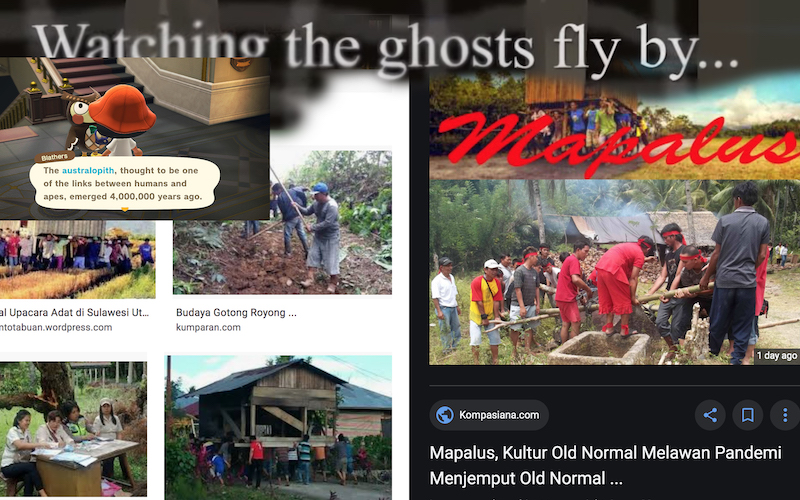
What makes Mapalus different from other cultural concepts of mutual aid, for example gotong royong[1], is how it functions as a backbone for a collective systematic behaviour. This means the term itself is seen not only as an organic cultural activity, but a philosophy of life. For Minahasan, there is a need to institutionalise this term as an act of identity building. This system has existed since the prehistoric hunter gatherer period, equilibrium maintained collectively by the tribe. In the colonial period, the terminology blended with colonial’s systemic government. As modes of government and political systems moved forward to modernity, Mapalus found itself dissolved into merely a traditional way of thinking. The initial foundation of Mapalus ethos was to develop an interconnection between the members of the tribe, and transcendentally develop a web of life with nonhuman entities – goddesses and gods. Eventually political, social, and cultural life amongst Minahasan, and Indonesian people in general was replaced by the philosophy of capital accumulation.
The evolution of this untranslated term raises a speculative question; to create a global solidarity and connection between communities, human diasporas, and entanglement with nonhuman existence around the world, is it possible to use Mapalus to move our epochal transition into a less destructive and caring based one?
Therefore, in this context, I will propose a speculative geologic period. A Mapalucene. A geological force that is based and developed on the mutual interaction and solidarity amongst earth inhabitants directly influenced by Minahasan cosmology and philosophy. A utopia non-Darwinian world in which its state of equilibrium is constructed from the mutual understanding of its inhabitants. What would the world look and feel like if we apply this imaginative geological period?
In this imaginative and alternative geologic time scale, all transactions between the earthlings will be established from the notion of a gift economy. Commodity, in this case material and labour, will be distributed collectively with a peer-to-peer system. By doing this, no one extracts or exploits another. No one masters another. Will it be possible? Well, one could speculate. However, the ancient Minahasan has been practiced mapalus since the beginning of their history and they managed to keep the system until modernity came. They don’t see nature as a resource. They see it as part of the mapalus, part of the circular journey of life. They take fruits, eat wild boar or forest rodents, and then they will die to give another life for another vegetable and another boar and rodents[2]. There is no accumulation and progress necessary. Therefore, this cycle of life puts forward the notion of equilibrium, nurturing nature and keeping the Gaia balance through ecological consciousness.
Perhaps the question is not the possibility of Mapalucene, but the ability to imagine a less destructive geological period. Changing the anthropocene pretexts and capitalocene prognosis into a shared egalitarian world of Mapalucene.
To conclude, these past months have forced me to think hard of the alternatives. Indeed, the pandemic has affected many sectors of one’s life, including mine. A series of hormonal imbalances that hits and disrupts menstrual cycles really hard, financial turbulence in our community and individuals, manic depression in isolation, and a failed state in dealing with substantial problems are symptoms of structural problems that we will face in the future of the post-pandemic world. We could resist these problems, we could also try to think of alternatives for the world that we want to build. I reckon, instead of a new normal, we start a new caring. We build global, mutual solidarity. We believe in peer-to-peer wealth distribution to fight the financial injustice that affects us. We call for a universal basic income for everyone and anyone. We act like mushrooms, nourish each other sporadically—from developing a support group for transgender friends to creating a collective effort in food self-sufficiency.
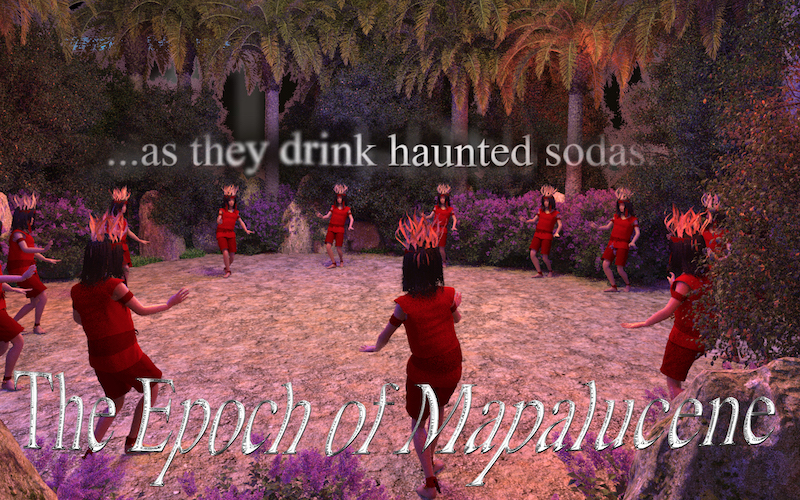
When the disaster capitalism controls the price of hygiene products, including hand sanitiser and disinfectant, Minahasan local scientists and communities in North Sulawesi developed their own disinfectant with ethanol based local alcoholic spirits Cap Tikus [1] (translated rodent brand). This act of resistance to the disaster capitalism in North Sulawesi brings back the mapalus from the old days. And when we reflect on our effort in building solidarity to start our own new normal, then what else do we need to imagine other than the epoch of mapalucene? Perhaps it could start now.
Goodbye Earthlings!
The meek shall inherit the ghastly earth
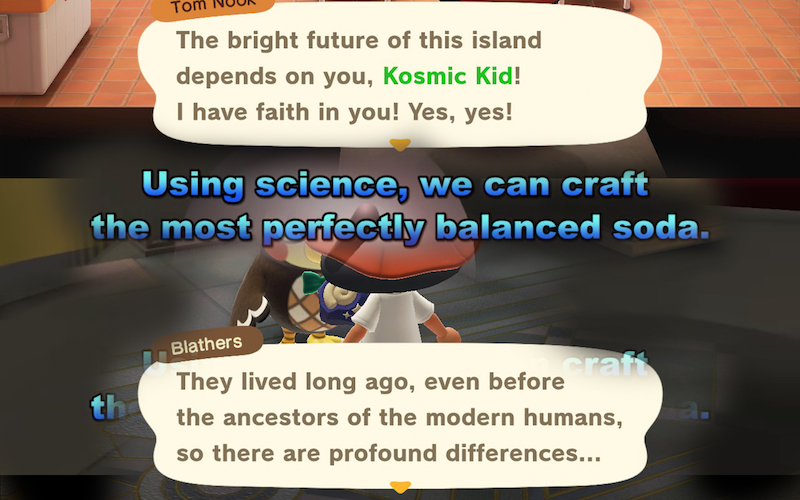
[1] Gotong royong is common Indonesian mutual aid, mostly in Java. The combined phrase gotong royong can be translated literally as “joint bearing of burdens”. It means working together, helping each other or mutual assistance.
[2] In Indonesia, and perhaps in the world, Minahasan people are well known as a bizarre eater. They eat forest bats, forest rodents, cats, and anything that will turn your stomach if you are not familiar with their custom. At the time when the coronavirus took over media in the world, one market in Tomohon is targeted as it still sold the wild and game meat from the forest.
[3] Cap Tikus is a traditional Minahasa alcoholic beverage from the fermentation and distillation of the Palm juice from Gomuti palm. This beverage has been known for a long time in the Minahasa community and generally consumed by the Nobles or by the general public in traditional events. Nowadays, this apéritif is considered notorious and gained negative responses from society because many young people are wasted after consuming it. Beside its cheap price, the production is mostly home brewed and some of it contains alcohol up to 70% with many of its homebrew manufacture is illegal.
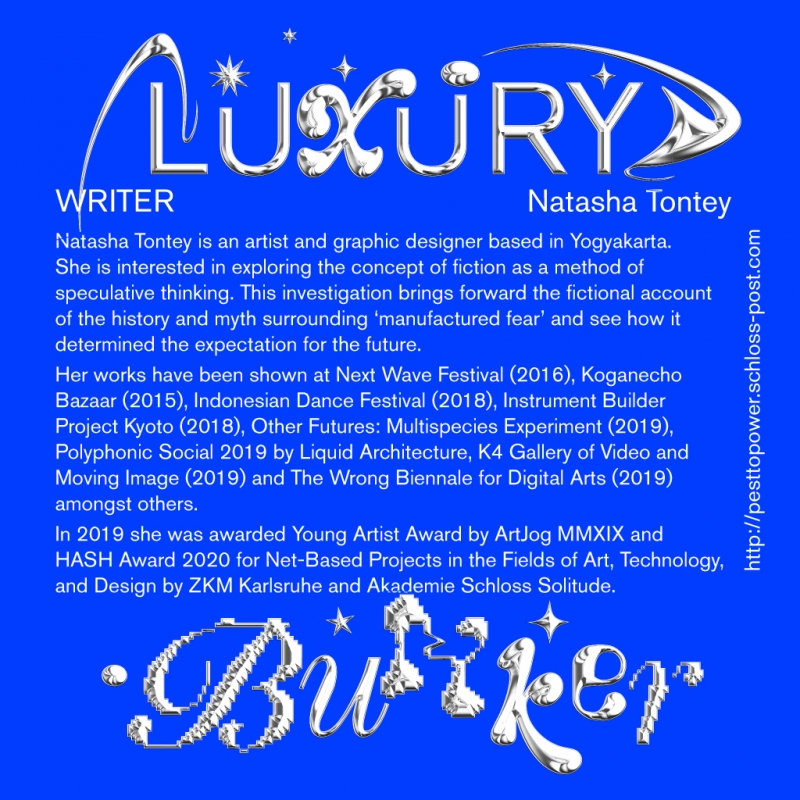
Luxury Bunker is a series of texts presented by Contemporary Art Tasmania’s online platform for writing, Journal.
Traditionally Journal provides an opportunity for writers to respond to our gallery exhibitions. Due to the COVID -19 gallery closure we are expanding the scope of Journal and commissioning an international selection of writers to respond to their space, place, city… their bunker.
